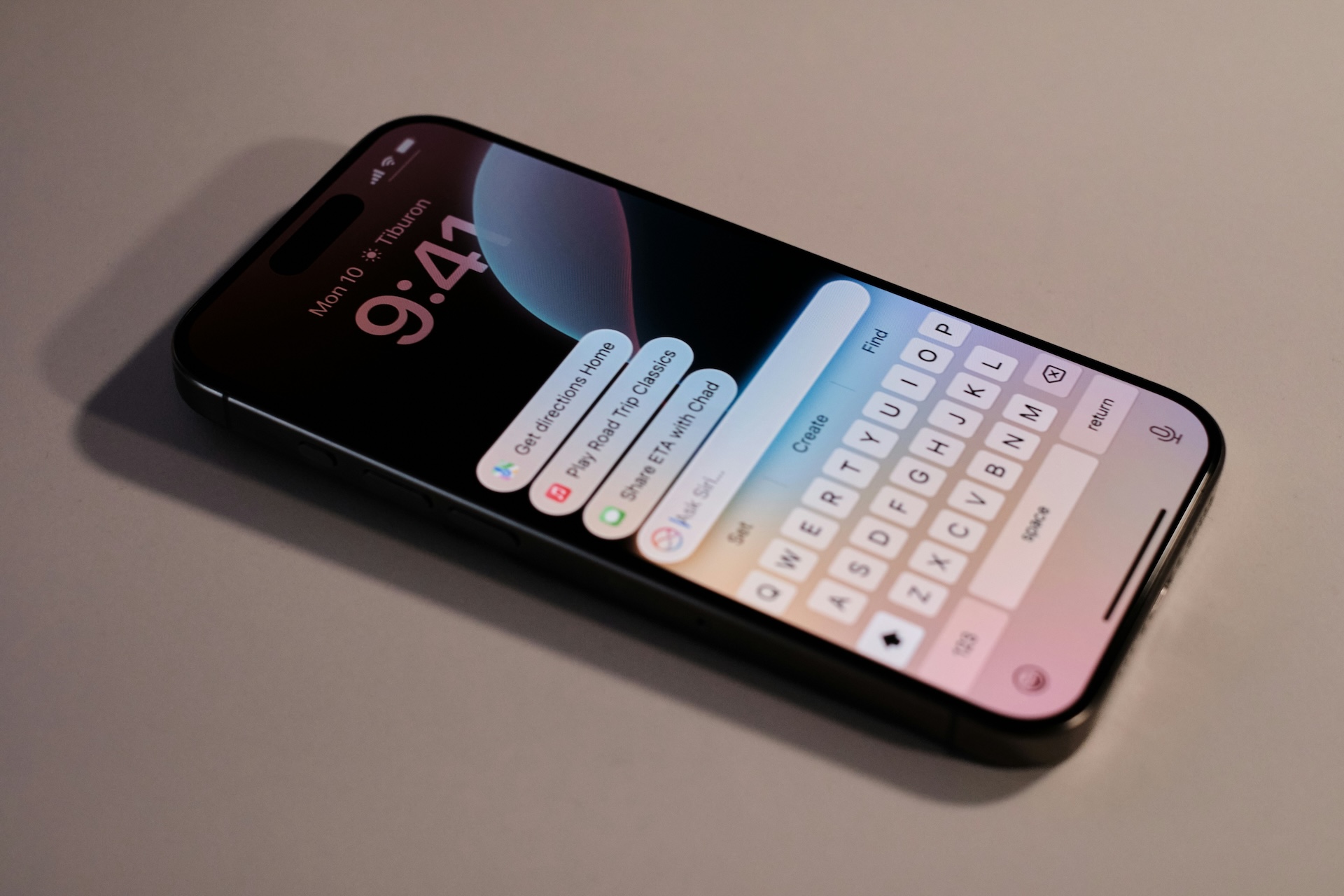Have you ever considered how much time we spend talking to our tech? How many times a day do we command Alexa, ask Siri, or give an order to ChatGPT? We are in constant communication with our devices and through our devices. And since we are already in the habit of asking them our deep and personal questions, perhaps it would do us good to ask them some good and honest questions about themselves. Here are four questions I propose we ask of any technology that has become (or has the potential to become) deeply embedded in our lives.
Why Were You Created?
A technology will almost always eventually do what it was created to do. Yet we, the consumers, rarely know exactly what the technology was created to do. If we can find its original purpose, we will not be surprised when we learn how it will soon begin to change and shape us. If a technology was created for military applications, we should not be surprised that it treats us like soldiers. If it was created for use in a hospital, we should not be surprised to find that it treats us like doctors. When we understand that cellular phones were introduced to keep businessmen in touch with the office while they were at home or on the road, we will not marvel that our mobile phones tend to do just that. The phone is simply doing what it was created to do.
The pessimist might say that every new technology is heralded as a means of addressing some great problem but in the end is quickly taken over by the entertainment industry. That person might not be far from the truth. Television was not originally heralded for its value as entertainment, and yet today this is almost all it is, whether we are watching sitcoms or reality television or whether we are watching the news (which has largely become its own form of entertainment). This may not be always true, but it does point us to an important reality: there are unintended consequences to our technologies. When we create a new technology or add one to our lives, we may have a sense of how it will play out its hand, but rarely do things go exactly as we had planned. More often than not, the consequences are quite different from what we had expected.
This owes, at least in part, to the reality that the invention of a technology almost always precedes its function. Technology is generally created independently from the way it will eventually be used. It is usually only after a new technology is invented that we use our creativity and ingenuity to find ways of integrating it into our lives. This exacerbates its unintended consequences. If a technology was created specifically for business applications and we adapt it to a worship service, we will see that there are some businesslike ideologies wrapped up in that technology (such as when we take PowerPoint from the boardroom to the sanctuary).
The wise consumer of technology will realize that the technology he uses today, the technology he has come to love and depend on, will have unintended consequences in his life and in the world around him. He will look not just to the technology itself but to the function for which it was created, the problem it was originally supposed to address.
What Is the Problem to Which You Are the Solution, and Whose Problem Is It?
In his works, Neil Postman proposes that we ask of any new technology, “What is the problem to which this technology is a solution?” Assuming that we add new technologies to our lives to help us solve life’s problems, Postman suggests we think carefully about what we hope to accomplish with or through any technology. It is a good and fair question, an obvious one even, yet we too often choose to ignore it.
When we ask what problem a technology is seeking to address, we begin to understand how it will play out its hand in our lives. We may even find that a great new technology is a solution to something that no normal person would even consider a problem. We may find that what the manufacturer of a device considers a problem, or wants us to consider a problem, is utterly meaningless. It may be that the problem has been manufactured simply to convince us of our need for a certain product.
Once we have identified the problem we should also ask: Whose problem is it? In almost every case, a new technology will solve some kind of a problem, but it may not be our problem. It may be that a great new device does not solve any problem in my life, but my purchase does solve the manufacturer’s falling annual profit. It may be that someone else will see all the benefit brought about by this new innovation while l assume all the cost, whether that cost be in finances, time, or distraction.
What New Problems Will You Bring?
By asking the first two questions, we have learned why a technology was created, and we have understood what problem it seeks to solve and whose problem it really is. Now we want to ask a natural follow-up: If we decisively solve this problem, what new problems may we have created and who may we have harmed? Here we must stop and pause to consider what new problems will arise as a result of our adoption of this technology. And we want to see who will be most affected by these new problems.
We may well find that in adopting the latest generation of phone or tablet we have exacerbated the problem of our lives being overloaded with distractions. We find that we can now never escape from the torrent of communication and information flowing out of it. Or perhaps we find that we are spending more time with phone than with family, harming our most important relationships. We’ve created problems related to information overload and distraction, and while we are harmed by it, it is our families that are most affected. While the new technology solved some problems, it could not do so without creating others.
What Are You Doing to My Heart?
This final question is one that all Christians will want to ask when evaluating a new technology, and especially a new digital device. Here we turn to the issue of idolatry and ask whether this device is itself a kind of idol. Am I running out to buy a device so I can be the first one in my office, school, or church to own the device? What is it that draws me to the device, and when I look beneath the surface, why do I really want it?
And even if this device is not an idol in and of itself, I ought to ask whether it is going to increase the power or control of another idol. Perhaps I am controlled by my desire to remain in constant touch, and this device will allow me to remain in touch more often and in more places. Or maybe I am controlled by a desire to find bargains, and this device will allow me to monitor more deals, more auctions, and more sales. In both cases, this device will serve to feed my idols, to care for them, to enhance their power in my life. Again, I need to ask why I really want this device. There may be a host of reasons, both good and bad.
So there you have it. Since we are already in the habit of speaking to our devices, why don’t we ask them some questions about themselves and how they plan to function in our lives. And why don’t we commit ourselves to thinking deeply, not only about what they add to our lives but also what they take away.
For more on this subject, see my book The Next Story.










